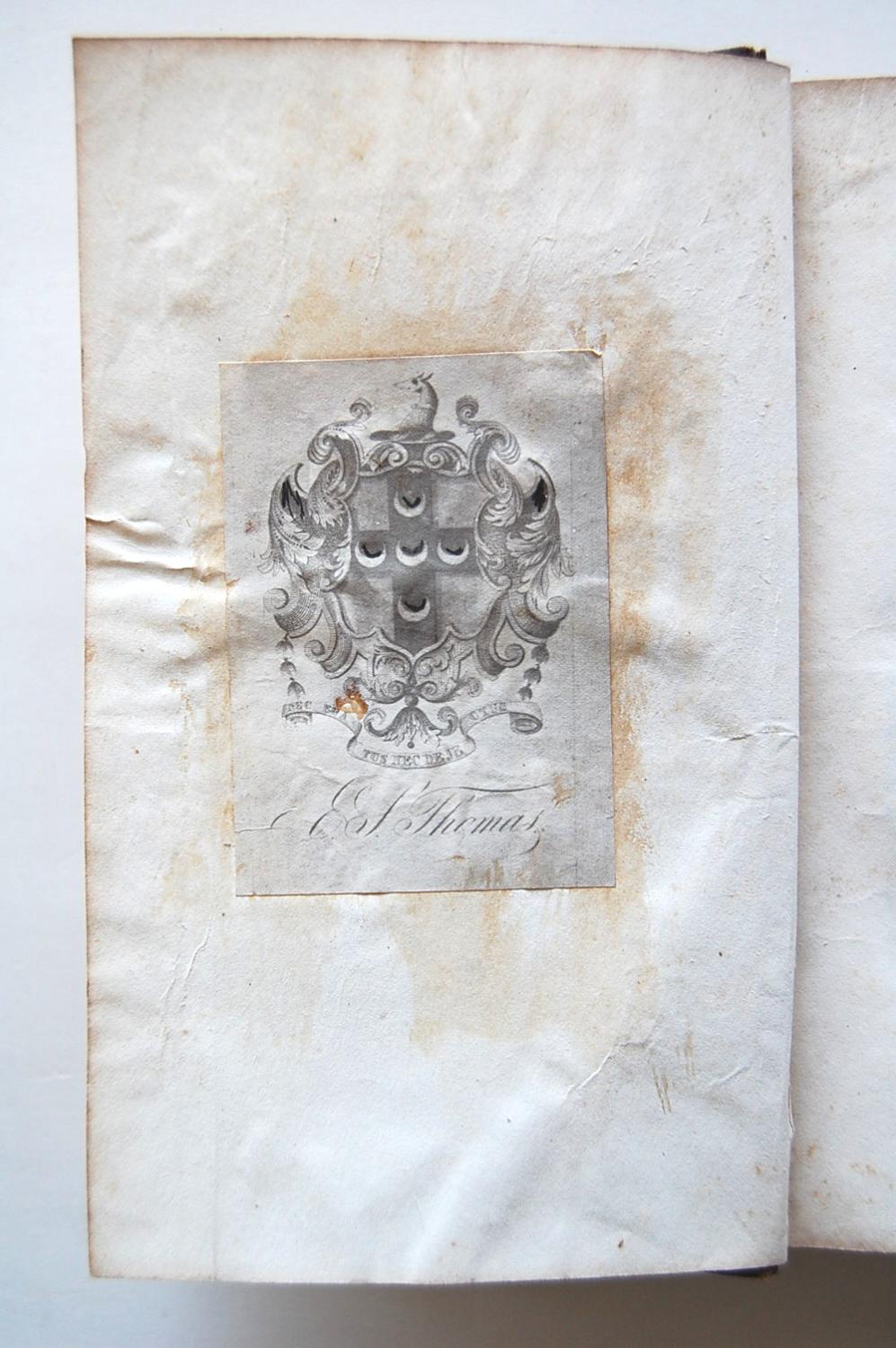Joseph Delaplaine’s short biography of Samuel Adams reappeared in whole or in part in books from Thomas Rogers’s A New American Biographical Dictionary (1824) to The National Portrait Gallery of Distinguished Americans (1839) and John Sanderson’s Biography of the Signers to the Declaration of Independence (1847). Some compilers even credited Delaplaine.
An abridged version, including the bribe story, appeared in The Family Magazine, or Monthly Abstract of General Knowledge in 1837, a version issued by Eli Taylor of Cincinnati.
That might have prompted the editor of the Cincinnati Evening Post, Ebenezer Smith Thomas (1775-1845), to publish his own reminiscence of Adams. Thomas was a nephew of Isaiah Thomas and apprenticed with him in the early republic. From Massachusetts he moved on to South Carolina, Maryland, and finally Ohio, editing and publishing newspapers.
In his last of many years as head of the Cincinnati Evening Post, E. S. Thomas published a series of essays about famous events and men he had encountered. These articles were collected and republished as Reminiscences of the Last Sixty-Five Years in 1840.
Thomas started with a profile of John Hancock, and sometime early in October or November 1837 turned his attention to Samuel Adams. I can’t access the Cincinnati Evening Post for that year, but the profile was reprinted in the Newark Daily Advertiser on 16 November and then in many other newspapers around the U.S. of A.
Thomas addressed the question of royal authorities trying to bribe Adams this way:
It is recorded of Mr. Adams, that a large sum was offered him by agents of the British government, to take sides with it against his native land, but it was indignantly spurned, and on a subsequent occasion, when a similar circumstance was alluded to, he exclaimed, “they well know that a guinea never glistened in my eyes.” It was well for our country, and for mankind, that there were such men, in whose eyes guineas did not glisten; they appear to have been raised up for the occasion, and having accomplished the great work given them to do, have disappeared from the face of the earth, and there have arisen in their stead, a race of men so unlike them, that it seems scarcely possible they can be the descendants of such sires.

No comments:
Post a Comment